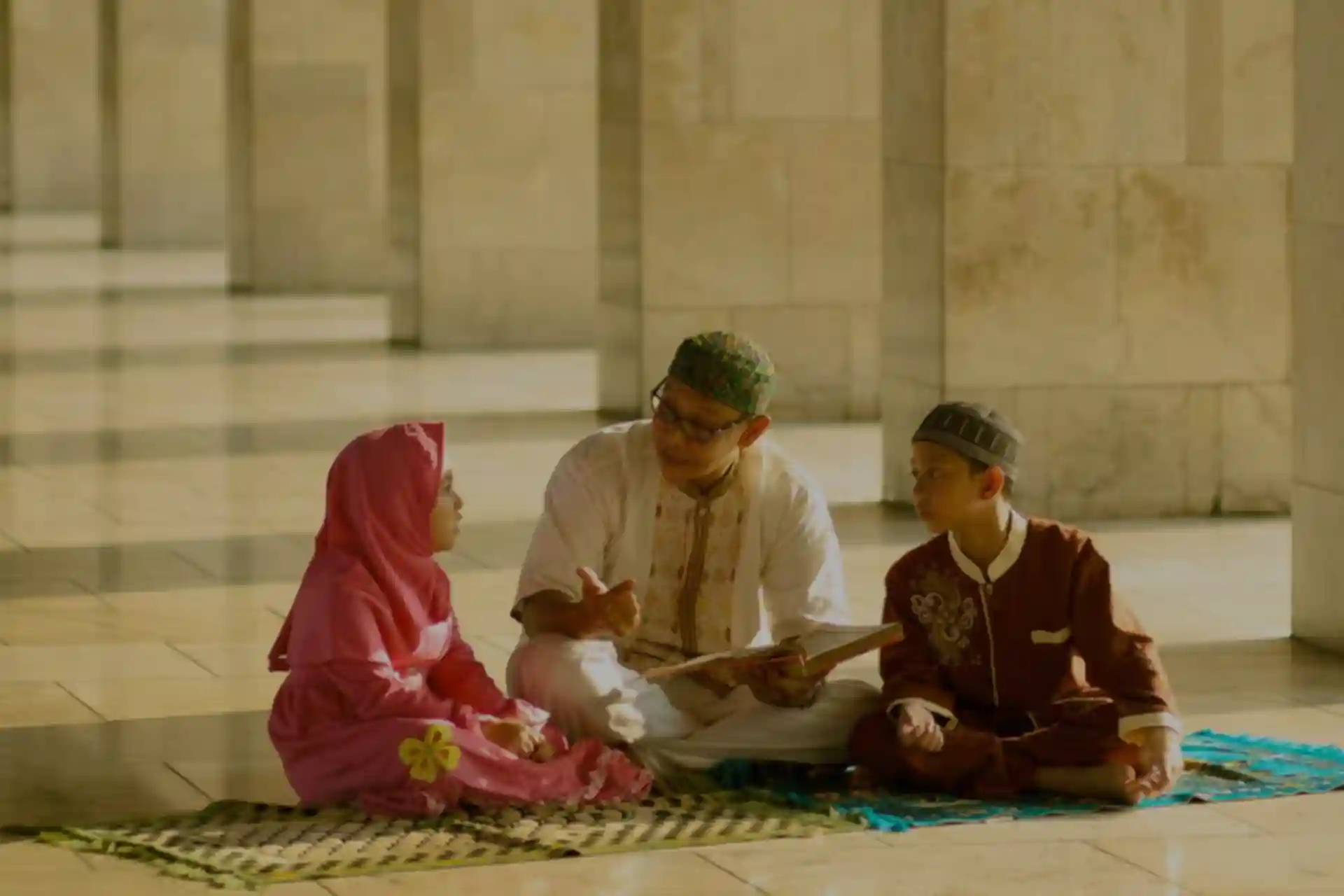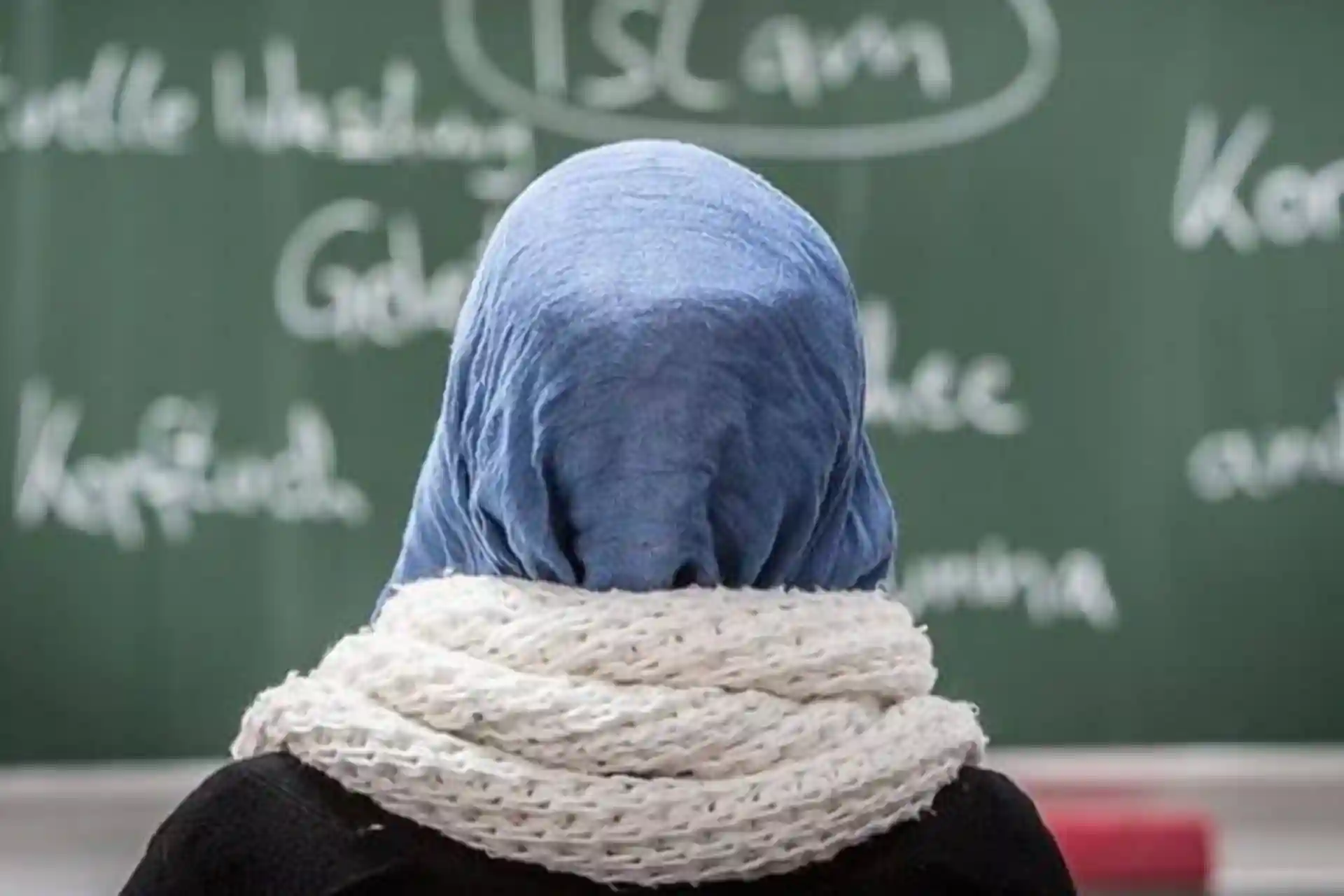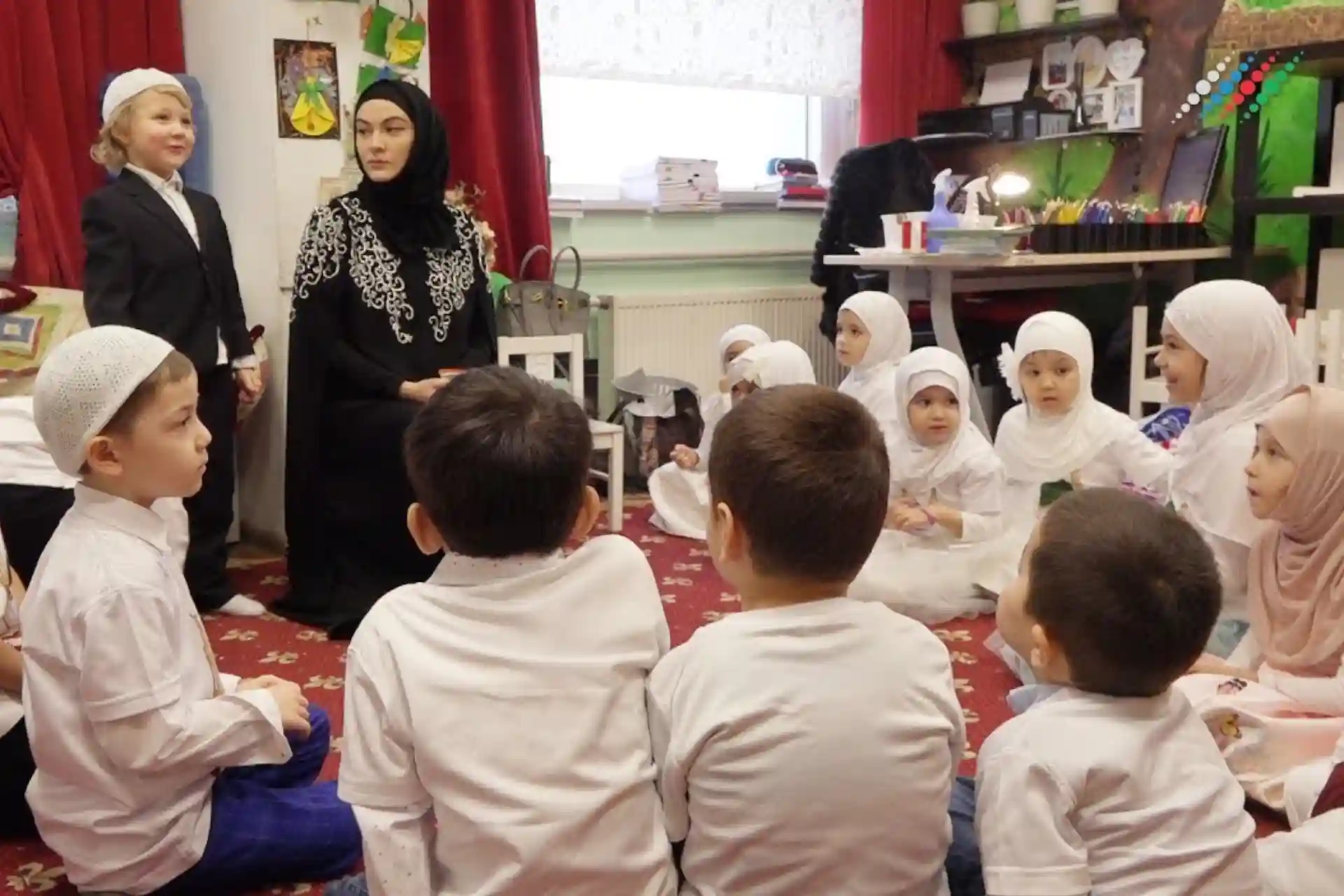How are religious freedoms ensured in secular countries?
Religious education in mosques is available all over the world, it can be found in almost every country, and this authority is guaranteed in the laws on religious organizations. The world has progressed in this regard, and no problem has been reported from this education anywhere. If there is a problem with the study of Islam, either the method of teaching is wrong or the purpose itself is aimed at it. There can be no harm to any society in pure Islamic education.
It is not a secret that the stratum, which takes the path of extreme caution in the matter of religious education, usually relies on the legislation of Western countries and developed countries in everything. Considering these and other aspects, we considered it appropriate to briefly study the laws adopted by the countries of the world regarding the same issue.
Germany
Article 7
(1) All school affairs are under state control.
(2) Persons responsible for raising children have the right to decide their participation in religious education.
(3) Religious education is compulsory in public schools, except for non-denominational schools. Religious education is carried out in accordance with the principles of religious communities, without violating the right of state control. No teacher is obliged to give religious education against his will.
Spain
Article 27
1. Everyone has the right to education. Freedom of education is recognized.
2. The goal of education is the comprehensive development of a person, respecting his basic rights and freedoms and the democratic principles of coexistence.
3. The state authorities guarantee the right of parents to help them choose the religious and spiritual upbringing for their children in accordance with their beliefs.
Austria
Article 17
The development of science and its theory is free.
Every citizen has the right to establish and provide education in educational and training institutions, if their usefulness is confirmed in accordance with the procedures provided for by law. These restrictions do not apply to home education.
Churches and religious communities should be concerned about religious education in schools.
The state has the right to control and lead all work on education and upbringing.
Belgium
Article 24
§1. Education is independent, all preventive measures are prohibited, prosecution for violations is governed by law or decree.
The state (soobshchestvo) provides parents with the freedom to choose education for their children.
The state (soobshchestvo) organizes education that is neutral.
Neutrality, in particular, implies respect for the philosophical, ideological and religious views of parents and students.
State-run schools offer a choice between non-denominational (non-religious) education and any accepted religion until the end of compulsory education.
§ 3. Everyone has the right to education in compliance with fundamental freedoms and rights.
Education is free until the end of compulsory schooling.
All students subject to compulsory education (soobshchestvo) have the right to spiritual and religious education.
§ 4. All pupils or students, parents and members of the educational institution's community are equal before the law and decree. Therefore, at the same time, the law and the decree take into account their objective differences, in particular, organizational skills that require a separate approach.
Malaysia
Article 12
2. Any religious community has the right to establish a children's educational institution and introduce the teaching of its religion, but neither in the laws regarding such educational institutions nor in the implementation of these laws, any discrimination on religious grounds is allowed. However, federal laws may provide special financial support for the establishment and operation of Islamic religious educational institutions or for the provision of Islamic education in the required volume.
3. No one can be forced to learn a religion that he does not believe in or to participate in religious ceremonies.
Singapore
Article 16
Same as Malaysia.
India
28. Freedom to participate in religious classes and ceremonies (prayer) in some educational institutions
1. No religious education is provided in educational institutions that are fully state-supported.
2. Clause 1 does not apply to educational institutions that are under state management, but were given to the state as a gift or trust property on the condition of religious education.
30. The right to open and manage minority educational institutions.
1. A religious or linguistic (language) minority has the right to organize and manage an educational institution at its own discretion.
2. When supporting educational institutions, the state should not allow discrimination based on whether they are managed by a religious or linguistic minority.
Turkey
VI. Freedom of religion and conscience
Article 24
... Religious and moral education is carried out under state control. Religious and moral education is a mandatory element in the curricula of primary and secondary schools. Receiving any other religious education and upbringing depends on the individual's will, and for minors, on the discretion of their legal representatives.
Religion and religious feelings, as well as what is considered sacred, cannot be exploited or abused for personal or political gain.
This list can be continued. However, for the sake of brevity, we have limited ourselves to quoting the laws of the main countries that can serve as an example for us.
World experience
It is necessary to dwell on the practical implementation of the above-mentioned legal bases in the countries of the world. After all, studying the world's experience in any field is not without benefits.
USA
There are too many private religious schools in America. In particular, there are such schools under Islamic centers. An Uzbek citizen, whose children are studying in one of these schools, says that in such private schools school subjects are taught in a better quality than in state-run schools. Religious education - the Holy Qur'an and hadiths are taught in the school until lunch. After lunch, the usual subjects of the school are taught.
In America, Qur'an courses have been opened at mosques, and children study at school until noon and attend religious education courses in the mosque after lunch.
Germany
In Germany, religious education is postponed until after lunch. For this purpose, if a certain number (for example, 10, 15) students express their desire to study some religion, religious education is organized for them in a certain class. For example, Christianity is taught in one class and Islam in another. Pupils can study the religion of their choice in the class of their choice.
In addition, religious education is available in religious organizations and there is no age limit.
Turkey
In Turkey, religious education is taught at a very good level in public schools. Arabic language, Qur'an, hadith, fiqh, syrat, and tafsir are among the school subjects. According to the nature of the subjects, they are passed in an orderly manner from the primary grade.
In addition, in Turkey, religious education is organized in mosques in different ways. Some mosques teach only the Qur'an, while others also teach Arabic and religious sciences. In order to make the most of the summer vacation, hundreds of thousands of children will be educated in the Koran courses that will be launched across the country.
UAE
In the UAE, government schools teach the Qur'an, hadith, tafir, fiqh and other sciences. In addition to local schools, Islamic education is provided in schools opened for representatives of foreign nations.
In the emirate, a certain number of families can open a separate school for their children, where they can teach their values and religion. The only condition is that at least one lesson per week should be devoted to teaching Islam. According to their views, non-Muslim peoples who want to live in a Muslim society must be aware of Islamic culture.
Russia
In Russia, there are many religious educational institutions under religious organizations, where even school-aged children can receive education. In Dagestan alone, there are more than 20 madrasahs for 3 million inhabitants. In them, children of school age leave their school classes and learn the Qur'an by memorizing it in madrasahs.
In addition, Quran education courses are also popular in mosques. In mosques, lessons are organized based on authoritative works in aqeedah, fiqh, hadith and other sciences.
Philippines
In the Philippines, religious education has also been introduced in schools for istivists. There is no restriction for people of any religion in this regard.
If our compatriots who went to the Philippines to work take their children to school, taking into account their Muslim status, the school administration said that they can prepare halal food for them, and if they want, they can start religious education. If a certain number of students want to learn about any religion, special lessons are organized in them.
Kazakhstan and Kyrgyzstan
Neighboring Kazakhstan and Kyrgyzstan have also created many conditions for religious education of children. Although religious education is not provided in schools, there is a wide opportunity for school-age students to receive religious education in mosque-madrasas, religious houses and special centers.
For example, in some places in Kyrgyzstan, madrasahs or religious schools have been erected in front of schools, and children who want to receive religious education go straight from school to madrasas or religious schools after lunch and continue their education.
Before the summer vacation in Kazakhstan, the government officials recommend that the religious workers provide religious education in the mosques in order to prevent school children from staying on the streets and to prevent crimes.
To put it bluntly, traditional teacher-disciple education has a history of 1,400 years and continues today in Muslim-majority countries. In general, let alone the Islamic world, in Russia, Korea and other republics, there are no restrictions or restrictions on the teaching of pure Islamic sciences such as the Qur'an, hadith, fiqh, and they are taught in mosques and other places. After all, this is actually an event within the throne of freedom of information and speech.
In conclusion, religious education in mosques exists all over the world, it can be found in almost every country, and this authority is guaranteed in the laws on religious organizations. The world has progressed in this regard, and nowhere has a problem been reported from this education. If there is a problem with the study of Islam, either the method of teaching is wrong or the purpose itself is aimed at it. There can be no harm to any society in pure Islamic education.
Batirjon Shermuhammad, lawyer



